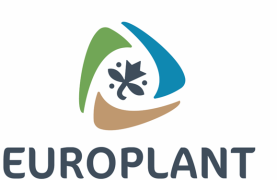Abstract
The rapidly growing global population emphasises the need for high-yielding, sustainable, yet nutritious food crops, which produce consistent yields under varying agricultural conditions. There are various critical research hypotheses that propose solutions for this scenario with some of the main focus areas being crop management and precision farming practices. Even though these practices are mainly focused on improving economic output, the further downstream effect is increased food security. The objective of this study was to determine the effect of genotype-environment interactions to identify possible regions where specific cultivars are better suited than others. Internal quality and external variable data gathering for this study stretched over 3 years (2016–2018) throughout South Africa on ten different plots. The Additive Main Effects and Multiplicative Interaction (AMMI) model was used to determine the reaction of cultivars/lines in each environment and display the stability of these genotypes in the different environments. The AMMI model showed that certain cultivars are more stable in varying geographical areas, i.e. they delivered consistent results irrespective of the external factors that they were exposed to. It was found that genotypes and environments that fell closer to the 0 mark on the X-axis and were therefore more stable were less likely to be influenced by external variables.














